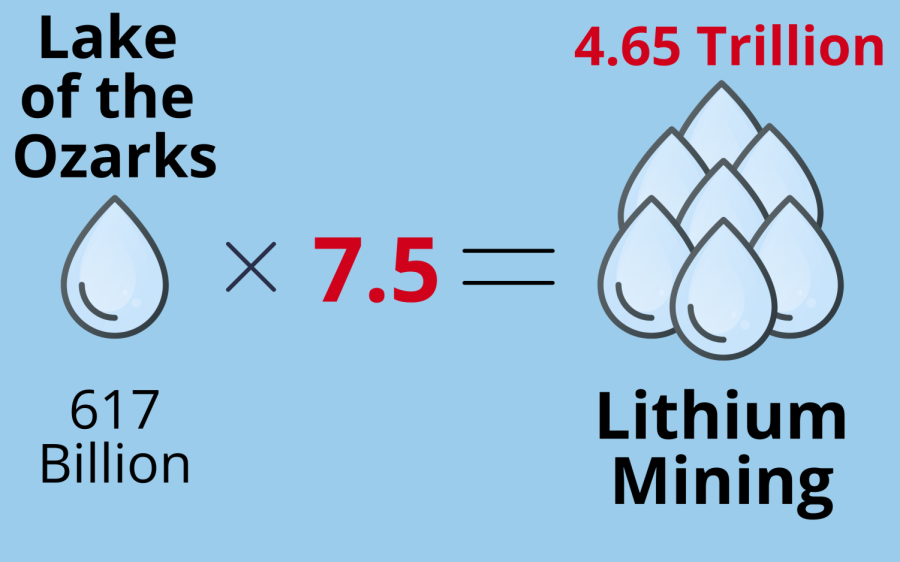Lithium and Cobalt: A Modern Day Slavery
Lithium and Cobalt are two crucial components to create electric vehicles and many batteries. However the mining and processing of these materials often involve many labor and ethical malpractices, such as child labor and borderline slavery.
According to the Bureau of International Labor Affairs (an agency within the U.S. Department of Labor), Over 70% of the world’s cobalt is extracted from mines in The Democratic Republic of Congo. The ethical issues come from the artisanal mines, where one can find thousands of people, including children, mining for cobalt. “Cobalt is often mined by children exploited in dangerous and illegal child labor” (dol.gov).
Lithium mining, which is primarily done in South America, is often associated with poor working conditions and low wages for workers. In Chile, for example, where the majority of the world’s lithium is extracted, many workers are paid as little as $1 per hour and are not provided with adequate safety equipment.
Due to research done by Volkswagenag in 2018: “The global market for the alkali metal lithium is growing rapidly. Between 2008 and 2018 alone, annual production in the major producing countries rose from 25,400 to 85,000 tons. With 8 million tons, Chile has the world’s largest known lithium reserves. This puts the South American country ahead of Australia (2.7 million tons), Argentina (2 million tons) and China (1 million tons)” (volkswagenag.com).
Both lithium and cobalt mining have a negative impact on the communities around them. The disruption of the land can lead to loss of land and water, and can force the communities to migrate away. It is estimated that it takes 2.2 million liters of water to produce 1 ton of lithium. With Chile producing 8 million tons of lithium, that means they used 17.6 trillion liters of water.
In an interesting article about South America’s lithium fields by Maeve Campbell, last updated November 21, 2022, it states that “any type of resource extraction is harmful to the planet. This is because removing these raw materials can result in soil degradation, water shortages, biodiversity loss, damage to ecosystem functions and an increase in global warming” (euronews.green).
Siddharth Kara is an author, researcher, screenwriter, and activist on modern slavery. His new book called, Cobalt Red: How the Blood of the Congo Powers Our Lives, exposes the toll taken on the people and the environment of the Democratic Republic of Congo by cobalt mining. It documents testimonies from illegal miners and natives involved in the cobalt mining. Siddharth Kara’s plan is to uncover the truth about the brutal, illegal, and underaged mining practices that help produce 75% of the world’s cobalt.
To have a battery powered tomorrow, there must be bloodshed today.




